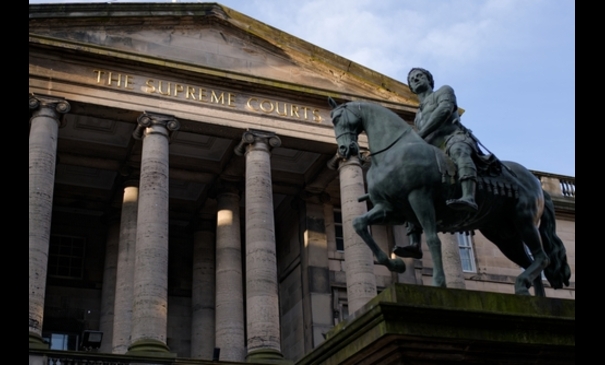Temporary Freeze on Food Aid
The U.S. Supreme Court has, for now, blocked a lower court order that would require the federal government to provide full Supplemental Nutrition Assistance Program benefits for November. Justice Ketanji Brown Jackson issued the stay Friday after a Boston appeals court refused an attempt to intervene.
The temporary freeze gives the Trump administration extra time to make its argument that courts should not be able to force spending beyond what Congress has approved. The freeze will remain in place until the appeals court rules, and then for an additional 48 hours after that.
Government lawyers say they legally can’t spend money that hasn’t been officially allocated. Those suing the administration, meanwhile, argue the government still has an obligation to make sure people have access to food – even during a shutdown.
Uncertainty for Families
That decision has raised concerns among the more than 42 million Americans who depend on SNAP to put food on the table.
In Minnesota, state officials said they still would provide full benefits in November to more than 400,000 recipients. “When food support is taken away, the impact is felt immediately,” said Tikki Brown, a state commissioner.
Elsewhere, families reported missing deposits and rising stress. “It used to show our upcoming SNAP payment, but now there’s nothing,” said Shelley Leon, a mother of four in Minnesota. “We’re relying on food pantries, but that can’t last forever.”
States Step In
But despite the federal pause, various states have taken measures to ensure their residents continue to get full food assistance.
Officials said benefits already have been distributed in California. More than $100 million for 337,000 households were processed in Wisconsin. Oregon, Kansas, Pennsylvania and New Jersey were among other states that have begun their distributions.
It has also made partial disbursements to residents initially in states like North Carolina and Illinois, although the complete payments might be reinstated pending the decision at the appeals court.
Federal Argument on Budget Authority
The administration contends that spending money without congressional approval upsets the balance of power between branches of government. “This court order crosses a constitutional line,” the Justice Department said in its filing.
But the advocacy groups and local leaders contend there is still money available, and withholding it does harm. “People need food now,” said a coalition representing several cities and nonprofit groups. “The courts shouldn’t delay help any longer.” Shutdown Deepens SNAP Pressure SNAP feeds one in eight Americans, at an average monthly cost to the government of around $8.5 billion to $9 billion per month. Only about $4.6 billion is left in emergency reserves now-enough for about half a month. Lower courts had earlier ordered the administration to use the money and request more from Congress if needed. But the Supreme Court’s temporary hold means millions may not get full November benefits-which would leave families unsure how they’ll afford food if help doesn’t come soon.




















